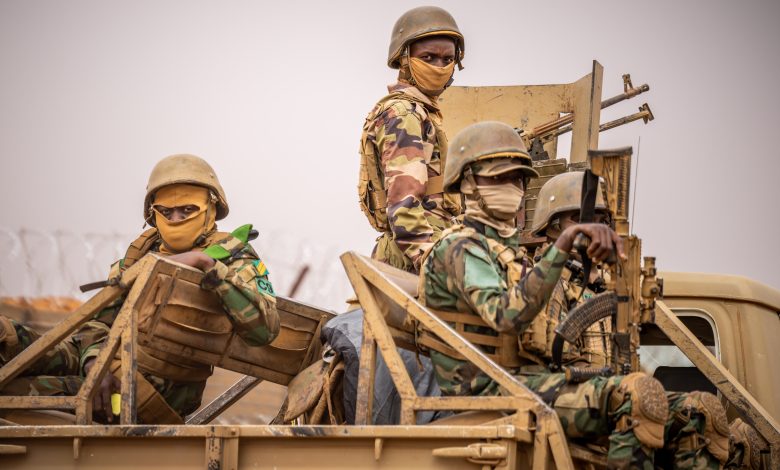
Nigeria has moved up to become the third most powerful military force on the African continent, according to the latest 2025 Global Firepower Index.
The new ranking, published by Business Insider Africa and based on data from Global Firepower, places Nigeria ahead of South Africa, which now ranks fourth.
Globally, Nigeria also improved its position, rising from 39th to 31st with a PowerIndex score of 0.57. Egypt and Algeria continue to occupy the first and second positions in Africa with scores of 0.34 and 0.35 respectively.
The improved rating reflects Nigeria’s increased investment in military infrastructure, strategic procurement, and training—particularly in counter-terrorism and regional security operations.
Security expert Dr. Ayodele Balogun noted that the development was not surprising, given Nigeria’s recent efforts to respond to persistent threats from insurgent groups operating in the Sahel and across its borders.
“Stable nations like Nigeria are responding to internal and regional challenges by strengthening their military capabilities,” Balogun said. “It’s also a signal to neighbours and allies that Nigeria is repositioning as a regional stabiliser.”
Despite its recent rise in military ranking, Nigeria has called for calm as tensions escalate between Israel and Iran.
In the wake of Israeli airstrikes on Iranian military and nuclear sites—an action that has led to days of missile exchanges between the two countries—the Federal Government has expressed strong concern over the developments.
In a statement issued on Saturday, the Ministry of Foreign Affairs condemned the violence and urged both parties to exercise restraint.
“The Government of the Federal Republic of Nigeria condemns Israel’s preemptive strike on Iran,” said Ministry spokesperson Kimiebi Ebienfa. “We express our grave concern and call for an immediate cessation of hostilities.”
The government noted that the ongoing conflict threatens to inflame an already volatile region, with possible ripple effects on international peace and the global economy.
“The continued cycle of retaliation endangers civilian lives and threatens to plunge the broader Middle East into further instability, with implications for international security and economic development,” the statement added.

